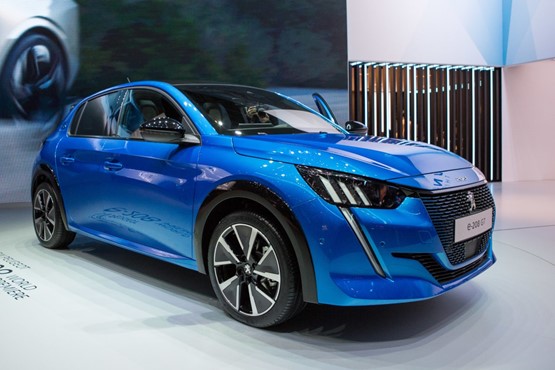
Peugeot anticipates that 12% of 208 registrations next year will be the full electric version as it starts planning for a future where every car and van model has an electric option within four years.
Deliveries of the new small car will start at the end of the year or start of 2020, with reservations open at the end of Match and orders from summer.
Peugeot has set a “realistic ambition” of 20,000 units next year, according to UK managing director David Peel, making the electric volumes around 2,400.
Retail will account for 60% of sales, fleet 20%, 10% will be daily rental and 10% will be registered as dealer demonstrators.
“There will be more demand on battery supply that is all Asian driven,” Peel said. “But we are confident that we will have the supply that we need to meet our forecast demand.”
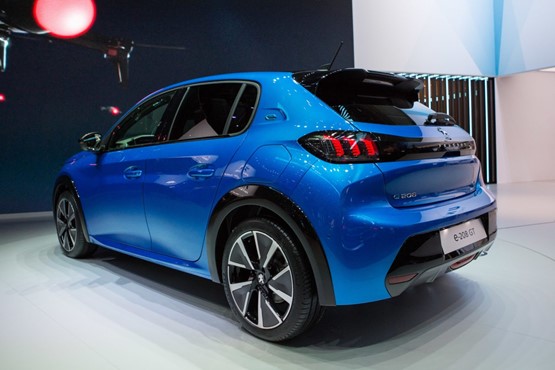
Peugeot chairman and chief executive officer Carlos Tavares has been urging the European Parliament to provide the necessary support to instigate production in the EU for the past year.
There are lithium-ion battery factories in Europe, such as the Daimler-owned Deutsche Accumotive. However, they do not make the cells, which are supplied by Asian companies, such as Samsung, Panasonic, CATL and LG Chem.
“40% of the cost is allocated to the batteries,” Peel said. “That’s money that is leaving the EU economy.”
Powered by a 100kW motor, the e-208 will be the first electric model available from Peugeot’s new electric range. The five-door hatchback features a 50kWh battery, positioned under the floor to maintain interior space, which provides a range of up to 211 miles.
Petrol and diesel powertrain variants of the new 208 are also designed to be more environmentally friendly. Built on the latest generation CMP platform, the car is 30kg lighter than before and comes with a range of turbocharged petrol and diesel engines.
The 208 joins a growing range of fully connected cars within the Peugeot line up with services offered via parent PSA’s Free2Move division.
Free2Move has also been trialling on-demand services in Paris with the Ion, but it will only launch to market “when it is sustainable and profitable”, said Peel.
“Today, the talk is about autonomous vehicles but the 508 and 208 have level two autonomy,” he added. “To get to level five , it’s a cost of £12,000 to £15,000 per car. Customers won’t want to pay for that level of automation, so we are working on solutions as a subscription usage of daily or weekly use where that investment can be split between each user.
“We see autonomous vehicles as a pay on usage model.”
Peel Soundbites
On rental volume: “We were disciplined in 2018 to no more than 10% of volume. Customer demand pulled forward our sales so they were in the first half but we delivered on the volume we set and that continues this year. We have never forced a month end in the three years I’ve been here and our residual values are segment leading or there and thereabouts.”
On Brexit: “We have tried to position ourselves to be reader for all scenarios; we have three or four plans and options in place to be agile and ahead of the competition. We also have 25-30% more stock in the UK than we normally would have in case of tariffs.”




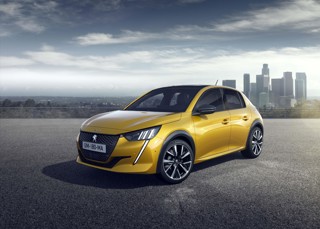
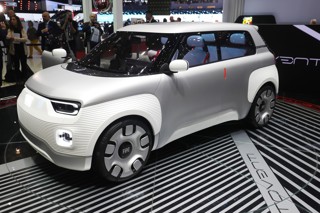
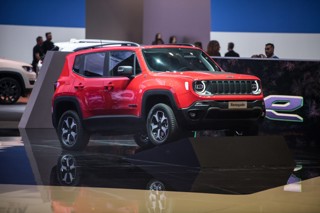

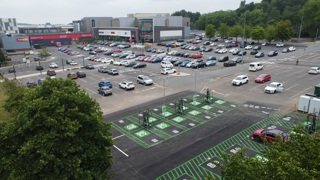












Login to comment
Comments
No comments have been made yet.